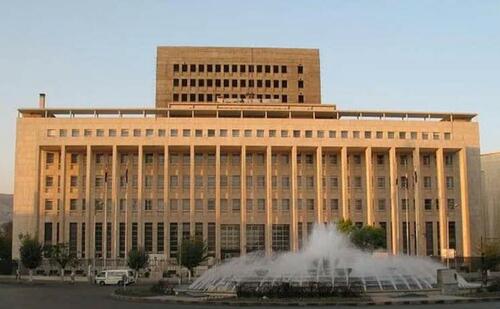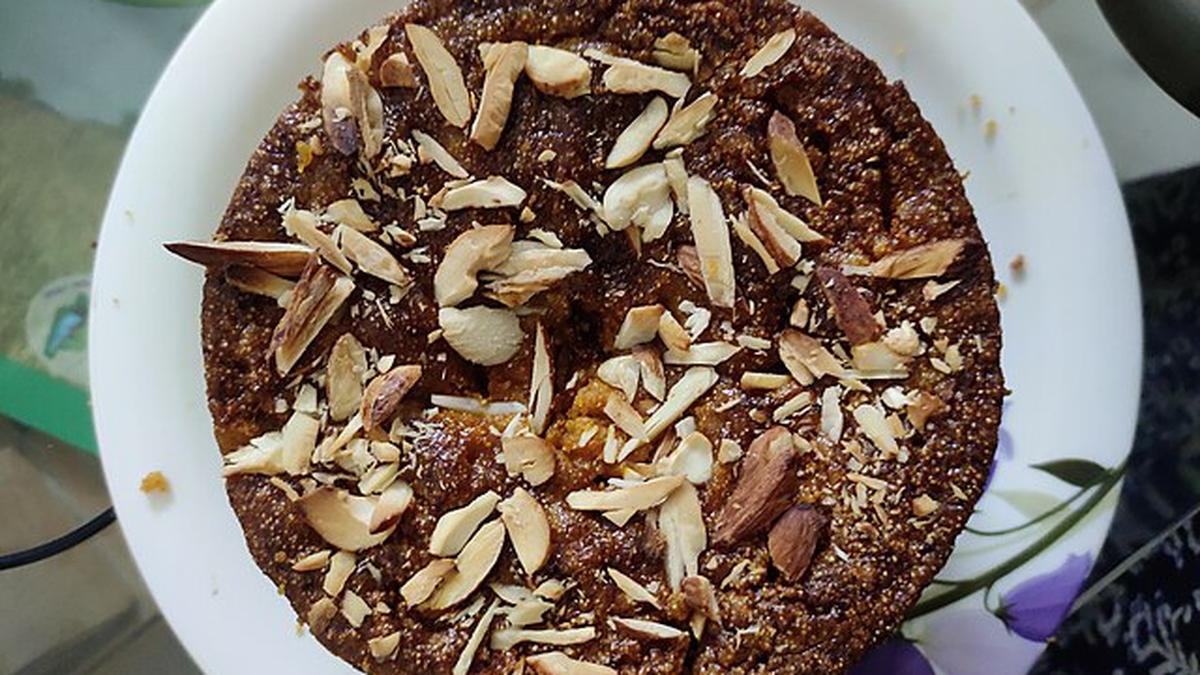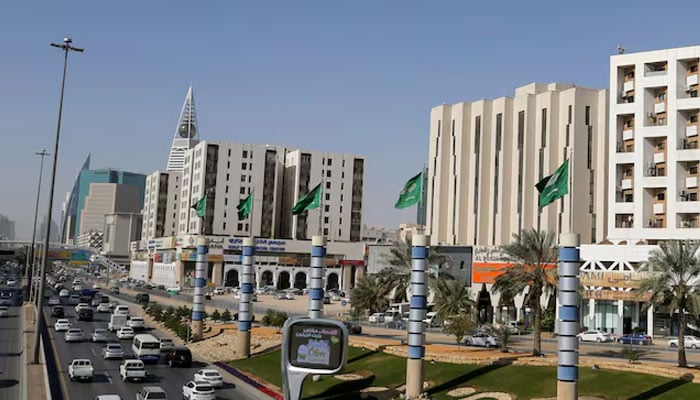
In an astonishing turn of events, amid the recent turmoil and shifts in power that have engulfed Syria over the past 3 weeks, one key component of the country’s wealth which has remained unscathed in the fog of war, at least according to Reuters reporter Timour Azhari , is the Syrian central bank’s gold reserves in Damascus - all 25.8 tonnes of gold worth over US $2.2 billion at current market prices.
According to the Reuters report , while the bank’s FX balances have fallen to just “ US$ 200 million in cash ”, the “ vault of Syria's central bank holds nearly 26 tons of gold, the same amount it had at the start of its bloody civil war in 2011." This is despite the fall of Damascus, the escape of former leader Bashar al-Assad to Moscow, and the rise of Ahmed al-Sharaa, leader of Hayat Tahrir al-Sham (HTS), as commander-in-chief of the new administration, with Mohammed al-Bashir as leader of a caretaker government. Reuters news agency, part of Thomson Reuters group (which is majority controlled by The Woodbridge Company Limited, a holding company of the Canadian Thomson family) first admits that.

.. “ Reuters could not access the central bank vaults.
” So none of the 600 photo journalists employed by Reuters could get even one photo of some gold bars in the Damascus vault. What a pity. Reuters then also admits that “ media representatives for Syria's new ruling administration and for the Central Bank of Syria did not respond to Reuters requests .
” This left Reuters to talk to the proverbial “ four people familiar with the situation ”. One of these four unidentified sources told Reuters that “ The vault is bomb-proof and requires three keys, each held by a different person, and a combination code to be opened ”. Two other sources told Reuters that “ the vault was inspected by members of Syria's new administration last week, days after the rebels took control of the Syrian capital Damascus .
” One week ago on December 10, Reuters’ Timour Azhari also reported that looters had entered Syria's central bank in recent days and “ stolen some money from the central bank building but that the main vault had remained untouched” , Strangely however, that Reuters report from last week didn’t mention any gold, and was only based on comments from the “ head of the Damascus Chambers of Commerce ” who was relaying information from the “ authorities ”. A more direct source was not available because neither the Syrian central bank governor, Issam Hazima, nor his deputy, Maysaa Sabreen, has responded to Reuters requests for comment. Other recent coverage from Damascus did however report that “ National Bank of Syria is looted by US backed rebels with dollars, euros and gold stolen .
” Update: National Bank of Syria is looted by US backed rebels with dollars, euros and gold stolen by those terrorist that took Damascus! Sadly the People of Syria will suffer! pic.twitter.com/h5wBSZpBVD Back to the Reuters, which continues that “ the sources familiar with the situation ” said that “ the gold was never liquidated in order to keep sufficient collateral for the Syrian pounds circulating in the market .
” This is all the more surprising however, since the very same Reuters news agency was reporting 12 years ago that...
“ Syria is trying to sell gold reserves to raise revenue as Western and Arab sanctions targeting its central bank and oil exports begin to bite, diplomats and traders said.” In that article from April 2012, titled " Syria selling gold reserves as sanctions bite: sources " Reuters stated that: " Syria is selling its gold at rock bottom prices," said a Western diplomatic source, declining to say where it was being sold. A second diplomatic source confirmed the information, adding that Damascus was looking to offload everything it could to raise cash , including currency reserves.
Two gold traders in the United Arab Emirates said the Syrian government had been offering gold at a discount , with one saying it was making offers at about 15 percent below the market price. The trader said Damascus was selling small volumes of around 20-30 kilos which were easier to offload, with offers being made through private accounts set up with free email providers. Notably, the World Gold Council says that the last time Syria’s central bank reported gold reserves levels to the International Monetary Fund (IMF) was in 2011, when it reported total gold holdings of 25.
8 tonnes, just before the Syrian central bank’s rumored gold sales of 2012. So how could the Syrian central bank still have 25.8 tonnes of gold given the gold sales in 2012 when it was “ selling its gold at rock bottom prices" in “volumes of around 20-30 kilos”? But according to Reuters, the Syrian central bank gold reserves are the luckiest gold reserves in the world.
They have miraculously defied the odds and survived 12 years of sanctions as FX reserves dwindled, survived multiple attempts to sell the gold being all over the Middle East, survived 3 weeks of recent fighting and chaos, the flight of Assad to Moscow, the arrival of a previously designated terrorist organization (HTS) into power, and an assault by looters into the central bank building last week. It must be because the vault is “bomb proof” and “needs 3 keys to open it”. The claim by Reuters now that the Syrian central bank still holds 25.
8 tonnes of gold is not credible, even based on its own reporting from 2012. This therefore undermines the entire Reuters story about the gold still being in the Syrian central bank vault. Maybe Reuters Fact Check , which claims to “ address online misinformation with coverage that maintains accuracy, integrity and impartiality ”, should check its own stories before publishing them.
But why would Reuters report such a story, that’s merely based on four unidentified people that are “familiar with the situation ”? Could it be because Reuters has received over $ 1.5 billion dollars in US Government contracts for its newswire, network intelligence, and data services over the last 17 years, from the Department of Defense, the Department of the Treasury, the Department of Justice, the Department of State, and many other US Gov departments? Reuters - between its newswire services, its network intelligence services & its data services - has received over $1.56 billion dollars in US government contracts.
Does Reuters' customer relationship with government agencies taint its news coverage of government actions? pic.twitter.com/sSgvdjGOPF.










-ltd-logo-1200x675.png?v=20241211120412)




